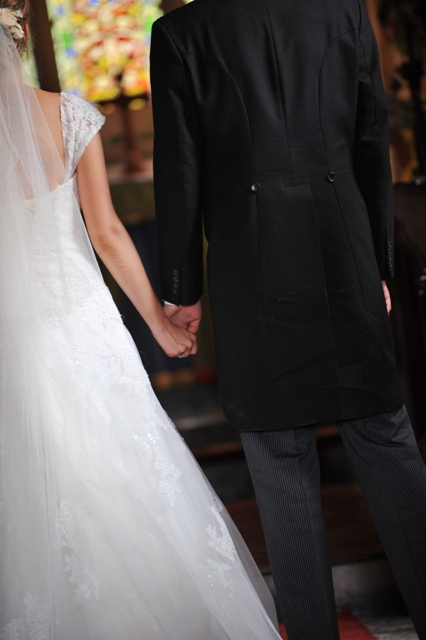On page 80 of today’s budget red book, Chancellor Philip Hammond announced his intention to relax the rules about where couples can get married, specifically aimed at ‘reducing unnecessary red tape and lowering the cost of wedding venues for couples‘.
Currently, there are restrictions on where couples can marry. The venue has to be a ‘permanent immovable structure‘ or ‘moored boat‘ that has not sold food or drink during the past hour.
This rules out the sorts of places where costs are more manageable, such as restaurants, pubs and – of course – the great outdoors.
Lifting these restrictions is a good move that will allow couples to keep costs to a much more sensible level.
A few years back, along with the law firm Seddons, we did a survey of why cohabiting couples don’t marry. ‘Cost of wedding‘ was the number one reason (or excuse!) for half of all men and more than a third of all women. ‘Because he hasn’t asked‘ came a close second for women!
So people want to marry but are put off by costs.
Some of these costs come from inflated expectations, influenced by what Sir Paul Coleridge calls the ‘Hello magazine’ wedding. Of course you don’t need to spend a fortune on a wedding. But we are where we are and social influence is a powerful force framing expectations.
In the end, it’s in everybody’s interests that more couples make an explicit statement of intent about their future, both to each other and to their friends and family. This is the commitment that secures stability for the couple and better outcomes for their children.
If couples know that costs are no longer the barrier they once seemed, why not get married in McDonalds or the local pub or in a field?
The ceremony will still include important legal questions that have to be answered, will still include the presence of an officially registered celebrant, and – most importantly – will mean the couple will have had that key conversation about spending the rest of their lives together.
This is a long way from the ultimate full-blooded signal of intent that government prioritises and supports marriage above all else. But it’s a start. Making marriage more accessible is good news for the stability of couples and the well-being of their children.
So it’s time for a rare congratulations from me to a politician.
Well done, Chancellor!

